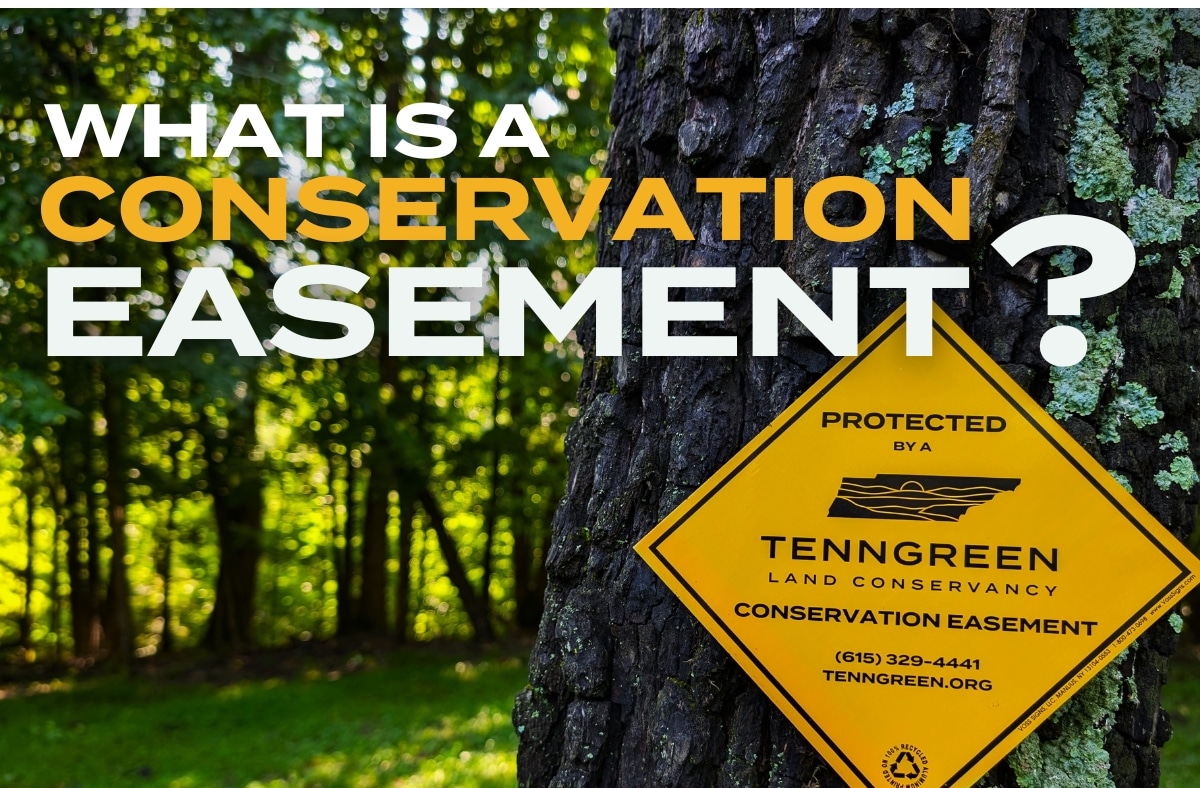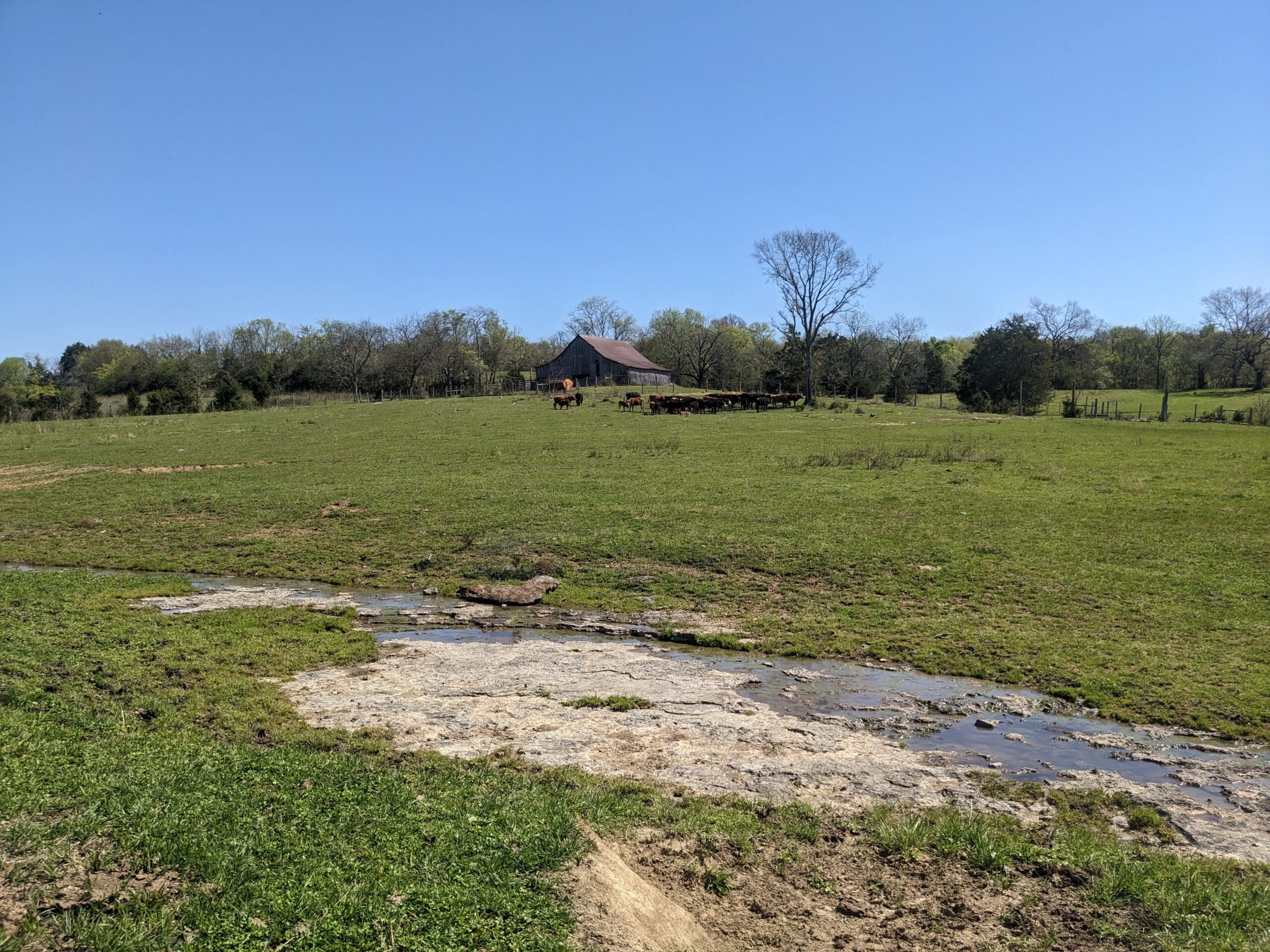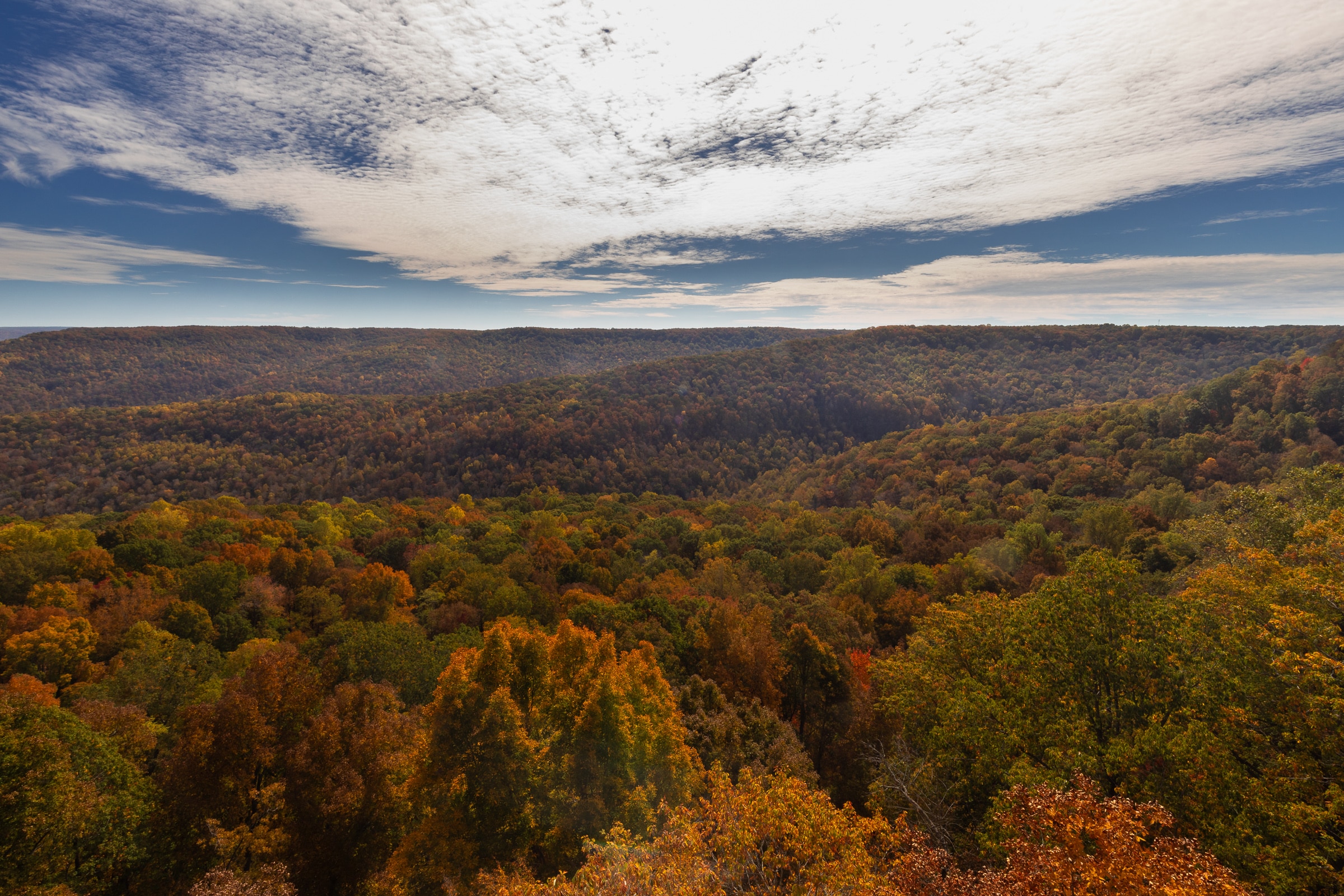What is a Conservation Easement?

What is a conservation easement? This is a fundamental, common question posed to TennGreen Land Conservancy. In many ways, conservation easements are the heart and soul of what TennGreen does. And what we do is protect Tennessee’s own heart and soul.
The short answer is the definition:
A conservation easement is a voluntary, legal agreement that protects important landscapes and natural resources forever. By conserving a property with a conservation easement, landowners can preserve their vision for the land and create a lasting legacy.
The long answer, however, is found within the human stories of land conservation:
“The farm’s been in the family for longer than even the trees can remember. Generations of us have stewarded these gentle, sloping hills. We inherently know every last nook and cranny of the babbling streams, the green fields, the ancient limestone rocks. During the Depression, Great-Grandpa had no choice but to cut it up and sell some portions off. Over the years though, various aunts and uncles were able to re-acquire some tracts and stitch the original farm back together, as a great quilt. This farm is our history and it is our livelihood. But a modern threat looms: Dense housing, warehouses acres large, and all the new roads and parking lots to go along are appearing on all sides, seemingly overnight. I’m scared that our farm is next. Is there any way I can protect the legacy of our family and ensure the farm will remain a farm forever?”
* * * * *
“I purchased this land almost 60 years ago now—can you believe it? I built this house slowly but surely. It started with just the kitchen, heated by the wood-stove. The bedrooms and their beautiful oak bed frames, I finished a few years later. I added the porch overlooking the bluff in ’95. I’ve seen turkey, deer, bobcat, fox, and one bear from this porch. I sit here every morning in my walnut rocking chair to watch the mist dissipate over the forested ridges as the heat of the day settles in. I sustainably manage the forest, selectively thinning and eradicating the invasive honeysuckle and kudzu. For 60 years I have taken care of this forest and, in turn, it has taken care of me, too. Getting older, I wonder what will happen when I’m gone. Will anyone else steward this land as thoughtfully as I have?”

A tool that might be able to help both of these landowners is a conservation easement. This voluntary agreement between landowner and land conservancy guarantees certain rights & restrictions to protect the land’s natural features and resources, while keeping the property in private ownership. The landowner (with help from the land conservancy!) defines these rights & restrictions:
- How many times may the property be divided in the future?
- How many structures may exist on the property, if any?
- What activities are permissible—like hiking or forestry and agricultural operations?
- and more…
Conservation easements are extremely tailorable to a landowner’s unique conservation goals. They are designed to protect the land’s conservation values while also allowing the landowner to maintain their way of life on the land. With a conservation easement in place, the land can continue to be bought, sold, and inherited—all the while TennGreen ensures that the easement’s terms are followed. What sets conservation easements apart from other land conservation tools is they protect land in perpetuity. Furthermore, if a violation does occur—by a future landowner, a neighbor, whomever—then TennGreen has the grounds to defend the land and its conservation values.
Another benefit of conservation easements is a tax deduction. Because a conservation easement does diminish the value of the land (because the landowner is essentially declaring, for example, A 100-home subdivision can never be built here! Intensive resource extraction can never occur here!), the landowner may be eligible for a federal tax deduction. Anyone who is considering a conservation easement should consult with a tax professional to determine whether this option is right for them.
TennGreen works across the whole state of Tennessee to protect all kinds of landscapes. While TennGreen’s Strategic Land Conservation Plan prioritizes certain areas (like biodiverse lands in the imminent footprint of development), conservation is critical everywhere, whether it’s a forest, working farm, or urban park.

What is in a conservation easement?
Recitals. Essentially answering the question, Why is this land worth protecting?
Rights & Restrictions. Which must be measurable and enforceable. This section is the bread and butter of the easement. TennGreen will enforce these terms forever.
Baseline Documentation Report. A vast collection of maps, photos, and descriptions that thoroughly record the property’s current condition.
How can I attain a conservation easement?
First, start a conversation with TennGreen’s Land Department (land@tenngreen.org or 615-329-4441). If the project is viable for both parties, you will submit an application. Then, the Land Department will use that application information to write a Conservation Plan and present it to the Conservation Committee and Board of Directors (who each meet quarterly) for a vote. If both entities vote yes, then you have a fully-fledged project. Congratulations!
Now, initial project fees are due to TennGreen, and the writing of the conservation easement will begin. You will work closely with our experts to define the rights & restrictions. How many times may future landowners divide the property ever? How many structures are currently on the property, and how many do you want to permit ever? This process can take anywhere from six months to many years, depending on your goals and timeline.
At this time, you will be responsible for attaining a survey of your property and a title report. If you are interested in pursuing a tax deduction, then you will also be responsible for attaining an appraisal. Meanwhile, the Land Department will create the Baseline Documentation Report (BDR) by performing thorough fieldwork, mapping, and research.
Once the conservation easement’s BDR and legalese are complete and the final project fees are paid, the final document will be signed, notarized, and recorded at the appropriate county’s Register of Deeds. Your land is protected forever! Finally, TennGreen will complete Monitoring Inspection Reports once a year, every year, forever to ensure that your vision and legacy are preserved.
Key takeaways:
- A conservation easement ensures certain rights & restrictions forever.
- A conservation easement does not affect ownership. The land will continue to be privately owned.
- Because a conservation easement diminishes the value of the land, easement donors may be eligible for a federal tax deduction.
- In addition to TennGreen’s project fees, the landowner is responsible for attaining a survey, title report, and (if pursuing a tax deduction) appraisal.
- TennGreen will visit the property once annually to ensure the easement’s terms are upheld forever.
If you or someone you know is interested in a conservation easement, please email land@tenngreen.org, visit our Protect Your Land page, or call 615-329-4441.

